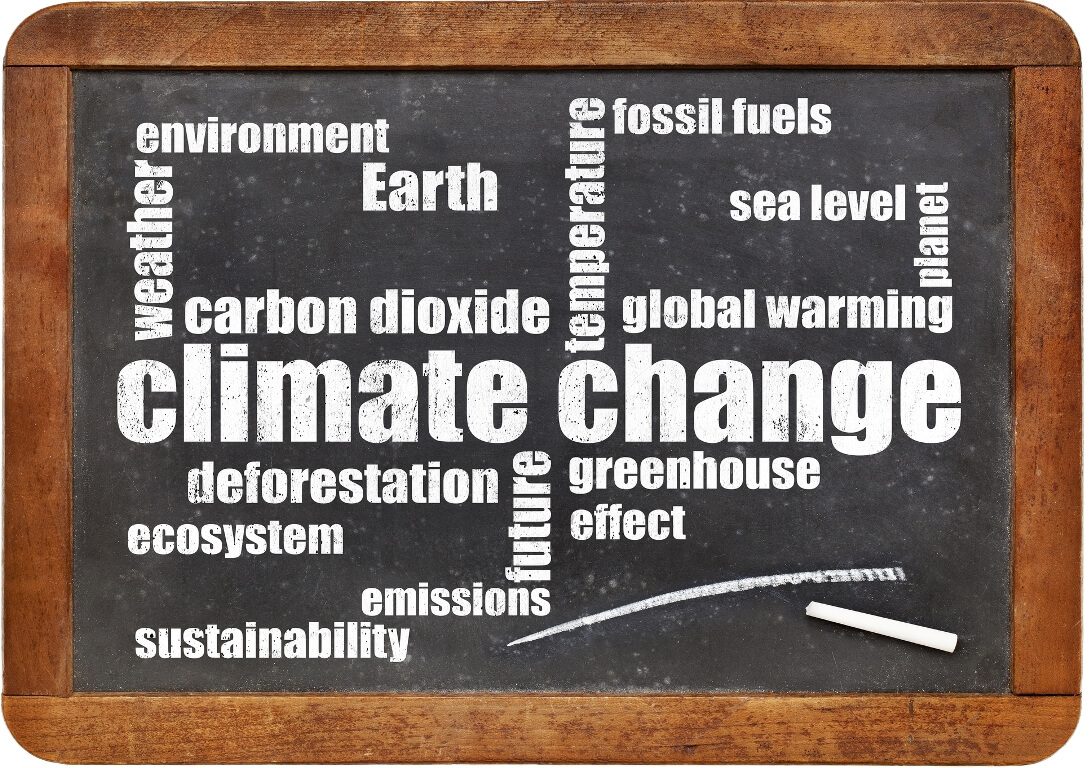Climate change is a serious matter that should receive all the necessary steps and initiatives to counteract the ripple effects it can cause. Most people underscored the human-induced aspect of climate change. There is no greater threat posed to climate change right now than human-induced fossil fuel burning. But despite perpetual calls for action, these echoes of alarm are repeatedly ignored. This is why climate change needs to be addressed in contemporary university course curricula. It is through the lack of education about climate change that has permitted leading fossil fuel companies to let their agendas go unchecked.
Fortunately, several universities have acted to get ahead of this curve by showing great initiative in terms of curriculum changes they have implemented and increased research that is being conducted. I have seen this initiative firsthand during undergraduate studies at Rutgers University. RU has dedicated an entire research center aimed to target climate change. I am very proud of my alma mater’s keen motive to leave no stone unturned in addressing climate change by providing multiple research opportunities for students to get involved, interactive social goals devoted to promoting environmental friendly habits and a mission statement prioritizing carbon mitigation.
As leaders of tomorrow, it is imperative that my generation prolongs the lifespan of the earth we are inheriting. What is the point of pursuing careers in health, business, and administration if the careers will be short-lived due to the planet's deterioration? Colleges have reiterated this same sentiment by introducing a plethora of methods to address this issue.
To enact real change in this world, it is important to arm young people with the capacity to create change and several universities are proving themselves to be pioneers in this effort.. New Jersey’s Kean University has admirably instituted opportunities for students between grades K-12 to partake in on-campus research and projects geared towards tackling climate change related issues. In addition to having a curriculum that is already designed with research and curricular opportunities, Kean University is manufacturing the environmental spearheads of tomorrow, boosting their hands-on experiences with the environment and broadening their horizons with climate related criteria.
Recently KU was recognized in New Jersey for instilling a course about climate change that focuses on an approach to drift away from fossil fuel usage, and this is testament to how universities have pivoted to enforce the change they want to see in the world. This moral imperative to prioritize climate curricula has become evident within institutions across the country such as Michigan State University, Duke University, Harvard, Stanford, Cambridge, and more.
These schools challenge the notion that climate science is the domain of science sub specialties (ecology, zoology, biology) and topical seminars by instead integrating climate discourse within all courses and all majors. Math problems about carbon emission or decay; Chemistry classes questioning the pH of masses of water across planet earth; English courses demanding think pieces revolved around ambitious proposals that shift the current paradigm on climate change.

For students pursuing specific career paths, climate change has been integrated fluidly into most curriculums. Business majors now analyze the ways in which climate affects global markets and seek to understand consumer behavior through the lens of buyers who now expect eco-friendly manufacturing as standard business practice. Political science majors now must confront the poverty and inequality resulting from climate phenomena that knows no borders.
Civil engineers must grapple with the natural disaster preparedness including cities whose core infrastructure are entirely ill-equipped to handle flooding catastrophes. Art students convey the negative emotional connotations clouding public health. Philosophy majors must consider the disparate reality that human populations will face as a consequence of environmental devastation and whether or not public policy will reflect the choice to have valued some human lives over others.
However, as a medical student myself, speaking from experience I cannot say that the topic of climate change is something that is pertinent in regards to our curriculum. That is not to say that medical students lack the awareness that this issue demands on a global scale or understanding the negative effects that climate change elicits on health. But, it is something that is inadequately addressed academically.
Stepping into my first year of medical school, I will make sure that this is a conversation that we as medical students have, and I will try my best to pursue some means of having this discussion implanted in our curriculum. I plan on being a part of the student government on campus eventually, once I reach a comfortable footing academically, and thus I will be in a forefront vehicle to generate some change. As one of, if not the greatest, threat to global health, we cannot afford to have educational gaps any longer. But, medical students aside, universities have really done a fantastic job on ultimately entering the discussion.
Today, university courses are starting to spark people’s interest about this pressing issue and fostering a genuine concern within these individuals. A giant leap has been taken but there is always room for improvement. It is up to the leaders of tomorrow to continue this discussion and raise awareness leading to change. Too much time has passed, and the current discourse has been a mere elegy for the planet without demonstrable action.
Universities must keep asking questions and investigating air quality, data analyzing effects of migration or use of transportation, examining environmental degradation, and surveying carbon emissions. Universities should strive to push education on this matter and prioritize social activism. Climate change has become greater than a simple scientific discussion–it is a conversation that requires the inclusion of the largest audiences. All in all, it is very inspiring that universities have clearly been proactive in equipping citizens, students, and scientists with base level knowledge aimed at sustainability and climate focus. We are poised to be in good hands.
US Premium Health Scholarship ' June 30 2022 Winner Essay

Name: Mujtaba Mansoor
Study: Osteopathy





